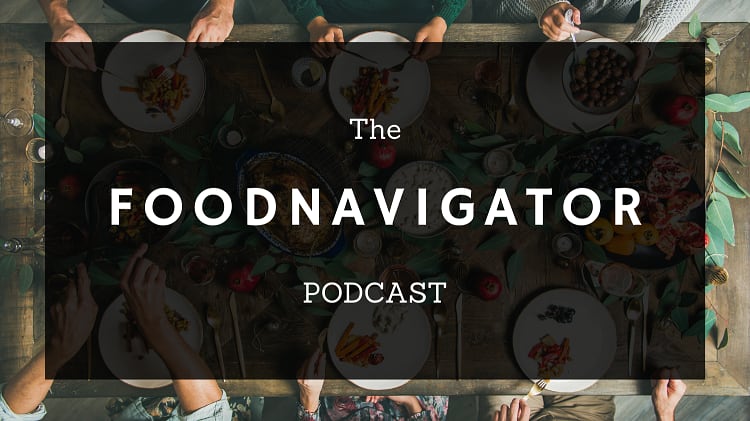France is the latest to join a growing number of countries around the world implementing bans on either ‘meaty’ or ‘dairy-like’ terms for plant-based versions of animal-based foods.
It's a hot topic in the UK too, where plant-based brands fear a clampdown from trading standards authorities preventing them from using dairy-related terms such as ‘mylk’, ‘sheese’ and ‘b+tter’ on products.
Those who support restrictions say these terms confuse consumers. There’s no evidence for this, according to the brands using them. They say shoppers are more than capable of telling the difference, and they oppose any regulatory moves as to what they can call these products.
But could plant-based sales be improved – at time of flagging sales in some markets – if alternatives move away from ‘meatless’ and ‘vegan’ descriptors that don’t highlight what they are, but what they’re not?
ProVeg – the organisation aiming to cut animal consumption 50% by 2040 – has released a new report to investigate how fast-food chains are embracing plant-based food. ProVeg assessed five major fast-food companies: McDonald’s, Burger King, Subway, Pizza Hut, and KFC in nine countries – Belgium, Czech Republic, Germany, the Netherlands, Poland, South Africa, Spain, the UK, and the US. The report found they were delivering an increasing number of plant-based food options to their customers. Main meals, sides, desserts and menu presentation were all taken into consideration.
ProVeg analysed 43 online menus across all nine countries. While only 6% of main dishes were plant-based, 51% offered at least one plant-based option. Burger King came out on top with the highest percentage of main dishes being plant-based. Subway came in a very close second in the ranking after Burger King, followed by McDonald’s, Pizza Hut, and KFC.
“This is encouraging but there is still plenty of room for improvement,” said Josh Bisig, Senior Project Manager at ProVeg.
ProVeg found that all chains should focus on improving their menus in two key ways: increasing the plant-based options and implementing menu strategies to encourage mainstream consumers to choose plant-based.
ProVeg is clear that companies should be permitted to use terms like ‘meat’ or ‘milk’ in plant-based item names. It would approve, for example, if a fast-food operator named a completely vegan item with plant-based sausage something like 'Meat Lover's Pizza', while using a simple leafy pictogram to designate that it was plant-based.
White space opportunities for the naming of plant-based product
But among the recommendations from the report were that when naming menu items, words should be chosen that focus on the product’s culinary theme, sensory experience, or brand while minimising the use of words like ‘veggie’ or ‘plant-based,’ and totally avoiding words like ‘vegan,’ ‘vegetarian,’ or ‘meatless.’
"There are a lot of studies coming out that show that menu presentation has a major influence with flexitarians and omnivores. How the menu is presented and designed can have a huge impact on whether mainstream consumers choose a plant-base option over a meat option," explained Bisig.
“Names like ‘vegan this’ or ‘meatless that’ can significantly decrease the chance that a meat-eater, flexitarian or omnivore will choose that option,” he said.
“Among all the designators, plant-based is the least unappealing to flexitarians and omnivores but if you just focus on the culinary aspect or the brand ingredient, you’re going to much more likely to sell those to people who aren’t vegan.”
Another recommendation was that plant-based options should be ‘smoothly integrated’ into main menus and ‘repeated in a separate plant-based section of the menu’.
“You can nearly double the rate a meat eater chooses a plant-based option simply by integrating the plant-based main dishes in with the other main dishes instead of relegating them to a specific section of the menu. You can then increase the chances further by listing the plant-based options first."
What’s the business case for more plant-based options in fast-food outlets? There’s still untapped demand for these options, Bisig argued.
“Consumer data tell us there’s still much untapped potential in this market. But the taste, price and convenience all remain barriers to entry for many mainstream consumers.
“The majority of flexitarians and omnivores in the UK, US and Germany have a favourable opinion of major fast-food chains offering more plant-based items. And lots of them are wanting to regularly eat plant-based options at fast food outlets if only there were more.”
Tune in to The FoodNavigator podcast to hear the full interview.





